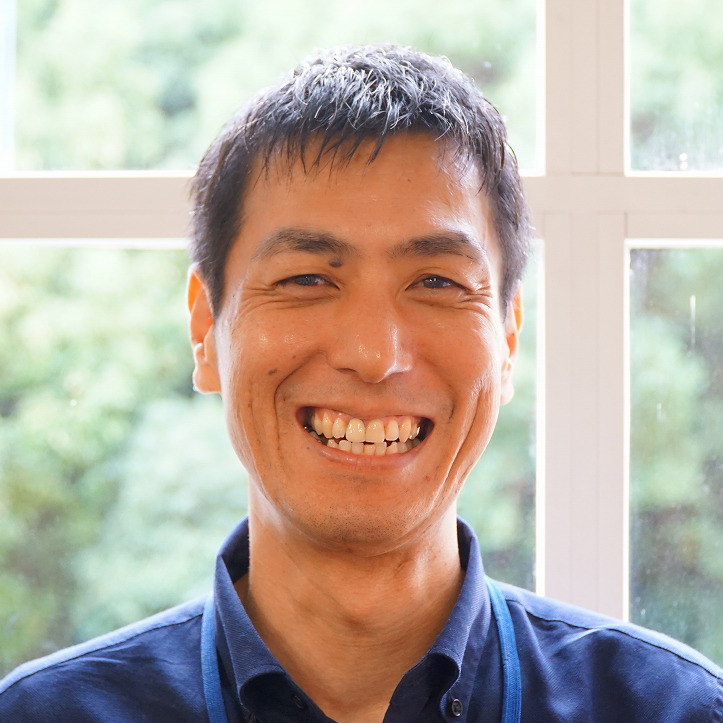On the second day of Tamagawa International Conference, two barazas were held in the morning and the afternoon in which two guest speakers gave a speech. The second speaker was Mr. Kuniaki Yoshida, store manager at UNIQLO Mina Machida, Fast Retailing Co., Ltd.. He talked about “Power of Clothing Project,” an activity to deliver clothes to refugees. It is promoted by UNIQLO, making efforts on voluntary activities as a global company.

The lecture themes were poverty, environment, and international cooperation. The students felt familiar to UNIQLO’s clothes and have worn them at least once. Therefore, it was easy for them to imagine the clothes, and they were very interested in the project.

First, Mr. Yoshida described UNIQLO as a “whole-clothing-related company” that delivers pleasure, happiness and satisfaction to people around the world with clothes. “Why we wear clothes?”—he explained the role of them that we routinely wear every day. Then, he talked about needs of refugees who were suddenly deprived of all their havings. He gave the students a moment to think about the necessity of clothes.

Mr. Yoshida showed pictures that tells the real state of refugees, and videos in which they are smiling and wearing the delivered clothes. The students understood the fact that the activity makes them feel alive.

Mr. Yoshida introduced some specific activities to collect clothes such as the recycle box for clothes at each UNIQLO shop, and cooperative efforts with schools and local governments. There are the fact that enough children’s clothing aren’t raised though they are needed a lot—he asked the students the solution and expected them to think what they could do on their own.

“Can we request you to send clothes to a specific country?” “Does every shop in each country conduct the activity in the same way?” “Does UNIQLO directly deliver clothes to countries?”—in the question and answer session, the student asked straightforward questions, and it meant that they were very interested in the topic.

In the baraza on this speech, each group planned a way to collect clothes. The chairperson of the conference announced that the plan that obtained the largest number of approval would be implemented in school, and the presentations should be delivered with more effective expression such as a playlet. Then, they immediately began discussion.


Each group presented a plan in their own way. A group performed a sketch in which someone puts clothes in the recycle box, takes a selfie and upload it to Instagram. A group made a model of the recycle box that was shaped like a T-shirt, and invented a device—an Earth picture on the box becomes colored as clothes are put into the box. A group made a CM to convey the project’s message in a natural way.


As a result of the vote, the plan of a group that suggested focusing communication between clothes-senders and clothes-receivers, having the concept “Turn cloth to wealth,” was elected. However, each plan had advantages, and eventually, all were adopted.

In the wrap-up time on the conference, each baraza group conveyed their ideas—what field of the concept “IDEALS” (International understanding, Democracy, Environmental understanding, Adventure, Leadership and Spontaneity) was the activity that they engaged in on the day related to?—with the reason why they thought that. They gained a lot of things in the process.




